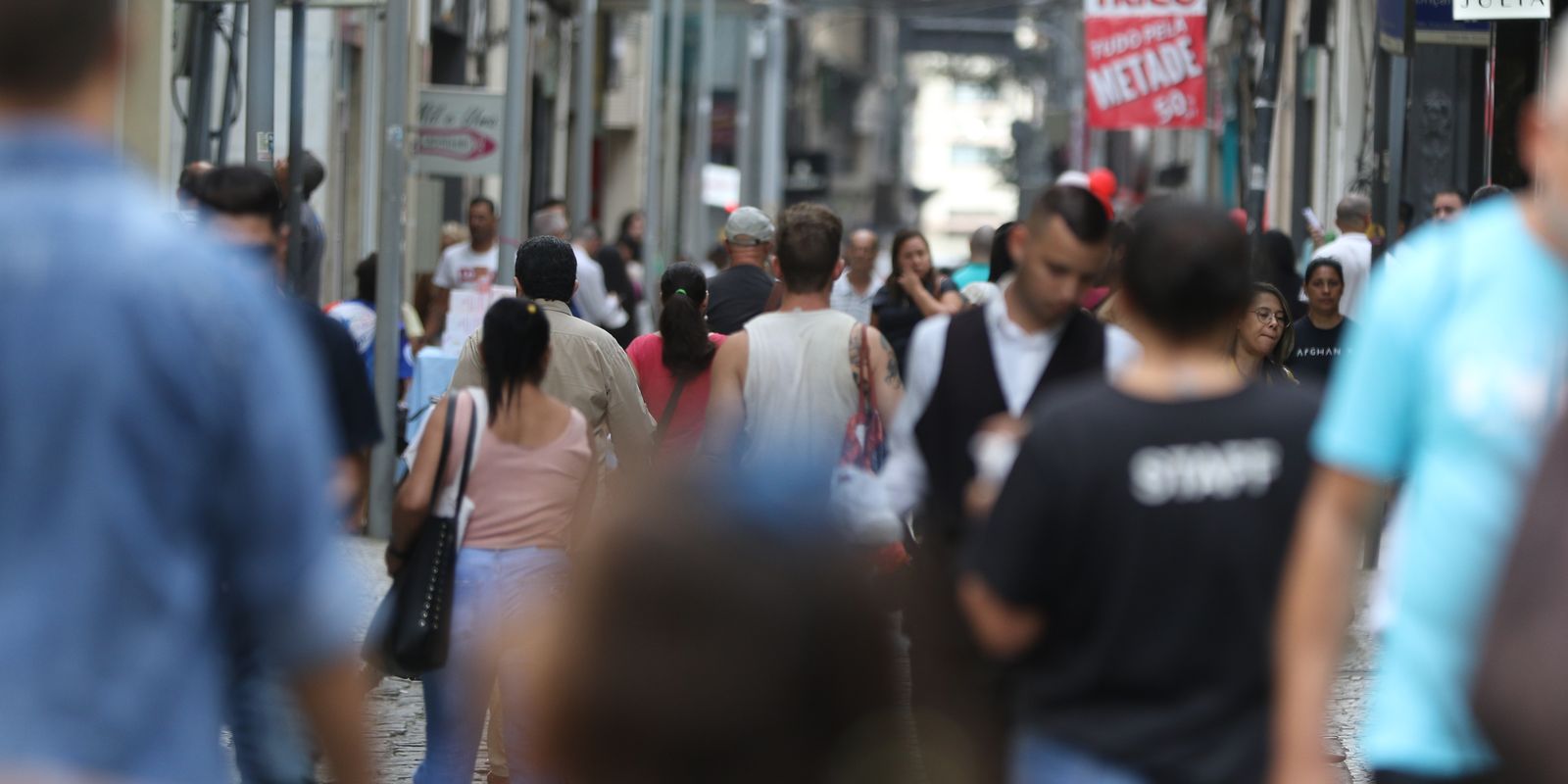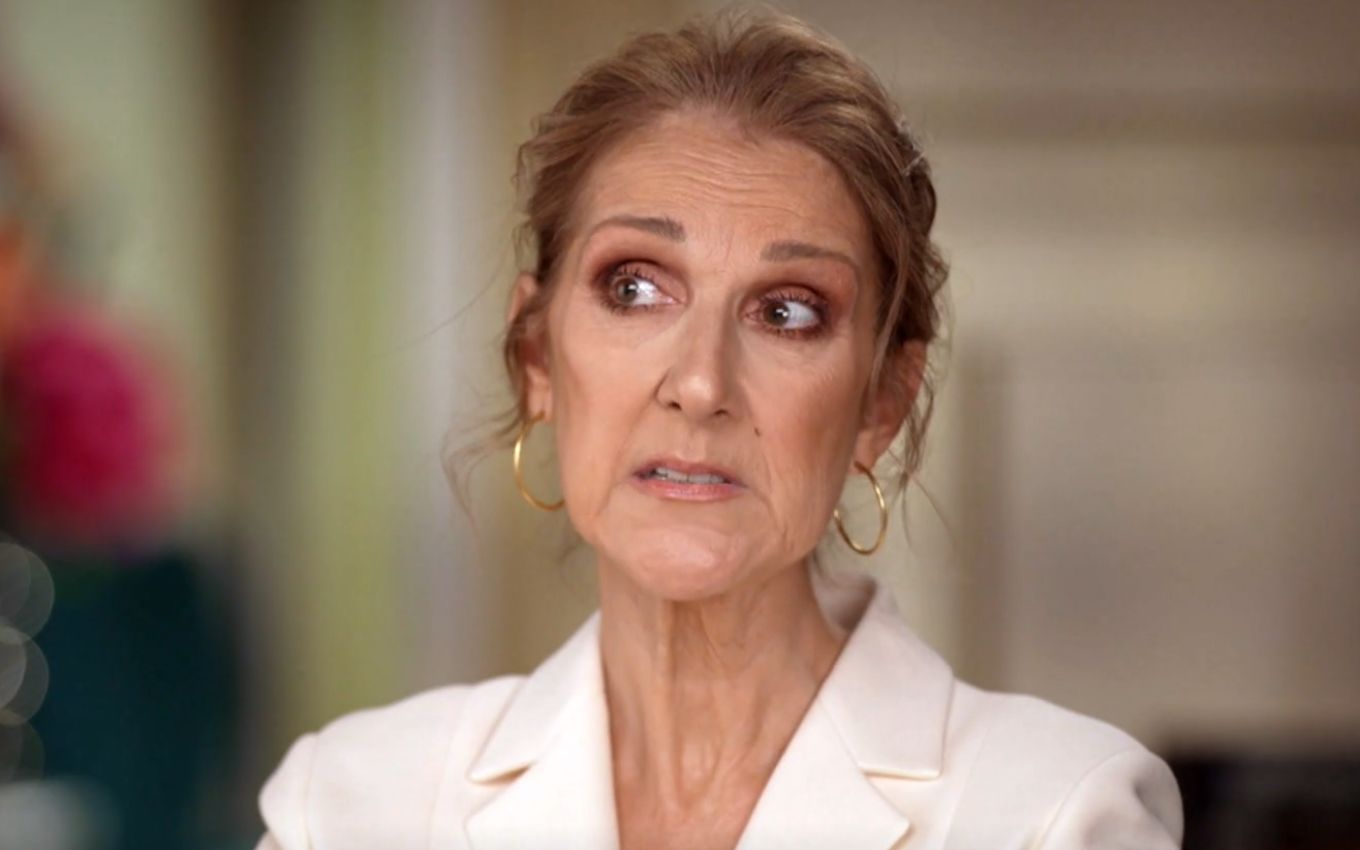The start of the year is a common time for people to reflect on their own lives. Therefore, comes the question “how can we live with more balance in all our relationships?”.
This is one of the questions posed by the campaign of the social movement Janeiro Branco, which in 2024 will be ten years old, with the theme Life requires balance.
The objective is to draw the attention of people, institutions and authorities to the needs related to mental health and respect for everyone’s psychological condition. The psychologist Lidiane Silva considers that this focus helps everyone to better focus on a problem that is difficult to talk about.
“Mental health is full of many prejudices, many taboos. And with the increase in anxiety, depression and other mental disorders, White January comes to demystify and bring new information for prevention in mental health “.
Listen on the National Radio Agency
Anxiety, discouragement, mood swings, sleep disturbances are some of the symptoms indicating that it is time to take care of your mental health. And often people don’t know how to ask for help.
Based on the idea that everyone has the right to mental health, the Instituto Janeiro Branco promotes, in its Youtube channelconferences with psychologists, workshops, courses, lives – everything that makes people stop their routine and think about how to have a more balanced life. State governments, like that of Amazonas, have already joined this year’s campaign.
Among the many possible approaches to the problem, the psychologist Lidiane Silva reminds us that the search for self-knowledge is fundamental.
“Self-knowledge allows you not only to control your own emotions, but also to go through certain phases of life – which we call resilience in psychology – which could lead to traumatic processes and, because you know yourself, know your potential , you will not go through the trauma. Today, self-knowledge is the basis of a healthy life.”
According to the Ministry of Health, the lifetime prevalence of depression in Brazil affects more than 30 million Brazilians. In Latin America, the country has the highest number of cases of the disease, according to data from the World Health Organization.

“Typical thinker. Unapologetic alcoholaholic. Internet fanatic. Pop culture advocate. Tv junkie.”


:strip_icc()/i.s3.glbimg.com/v1/AUTH_da025474c0c44edd99332dddb09cabe8/internal_photos/bs/2023/D/n/i7eIkcQsAB0YgsWKDQMw/whatsapp-image-2023-03-08-at-10.48.49.jpeg)




:strip_icc()/i.s3.glbimg.com/v1/AUTH_63b422c2caee4269b8b34177e8876b93/internal_photos/bs/2021/T/V/IFkavRRSSjHCBPZfqVXw/ap21313490536644.jpg)